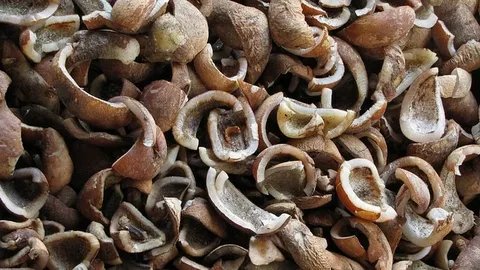
![]() Samypalani5832@gmail.com
Samypalani5832@gmail.com
![]() +91 8667065836
+91 8667065836

Welcome to Pas Copra Traders

![]() Samypalani5832@gmail.com
Samypalani5832@gmail.com
![]() +91 8667065836
+91 8667065836

At Pas Copra Traders, we are dedicated to providing the best customer experience and ensuring that all your needs are met.
+91 8667065836
Low-quality copra refers to dried coconut meat that has not been processed to the same standards as premium copra. It is typically harvested from mature coconuts and undergoes a less controlled drying process, resulting in a lower-grade product. While it may not meet the high-quality standards for direct consumption or premium oil extraction, low-quality copra is still widely used in various industries for the production of coconut oil, animal feed, and other by-products. It is an economical alternative for those seeking to use coconut-derived products at a lower cost.